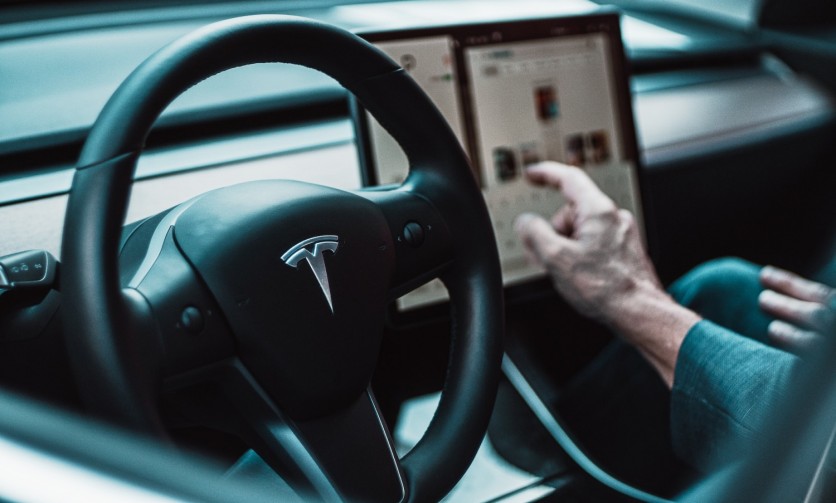
Tesla recently sold a wireless charging startup, Wiferion, which it had acquired earlier in the year. This swift shift has raised eyebrows and left many wondering about the reasons behind the decision.
Wiferion's Role in Wireless Charging
Wiferion, a Germany-based startup, was known for its expertise in inductive charging technology, primarily for industrial robots and electric vehicles.
Tesla's acquisition of the company earlier this year came as a surprise, as the automaker had not previously shown significant interest in wireless charging, per Teslarati.
Wireless charging, while innovative, seeks to address a problem that is not overly burdensome. It's relatively quick to plug in an EV.
The American automaker showed interest in how it can automate the process as part of self-driving. For Tesla, self-driving cars are capable of "self-charging" which means that it can be done without human assistance.
Tesla's Shift to Wireless Charging
Tesla had previously leaned towards using automated robot arms for charging, favoring this approach over wireless charging. However, earlier this year, the company unveiled a wireless home charging station, suggesting a shift in strategy.
The acquisition of Wiferion aligned with this new direction, as the startup had expertise in wireless charging technology. It seemed like a logical move for Tesla.
Related Article : Hyundai to Manufacture Arcfox EVs for Chinese Market-New Tesla Knockoff?
PULS Acquires Wiferion
What makes this development truly intriguing is that Tesla has already sold Wiferion. The power electronic supplier PULS recently announced its acquisition of the wireless charging startup.
This raises questions about the motives behind the sale and the implications for Tesla's wireless charging plans.
"As a pioneer, Wiferion has successfully developed inductive charging to maximize the performance of industrial electric vehicles such as autonomous guided vehicles, autonomous mobile robots, and forklifts, and thereby gained the leading market position. With the additional capabilities of PULS, we want to make this system the global market standard and will invest significantly," Bernhard Erdl, Managing Director and owner of PULS GmbH says.
Did Tesla Just "Acqui-Hire " Wiferion?
It appears that Tesla's acquisition of Wiferion may have been more of an "acqui-hiring" situation. Just imagine flipping houses. This might be the case for Tesla, but instead of houses, it quickly sold a startup.
Despite selling the wireless charging firm, the automaker retained Wiferion's engineering team and opted to sell its operational and manufacturing business to PULS.
What Could Possibly Push Tesla to Sell Wiferion
While the exact reasons behind Tesla's sale of Wiferion remain undisclosed, speculation abounds. It is possible that Tesla had pre-existing manufacturing plans for its wireless charger and did not require Wiferion's manufacturing operations, Electrek speculates.
Alternatively, Tesla may have deemed the engineers at Wiferion as the primary asset, thus deciding to retain them for its wireless charging endeavors.
The latest move from the EV maker could also mean that there might be some announcements about its wireless charging plans. The approach could signify that the company might be testing the waters for a new venture.

ⓒ 2026 TECHTIMES.com All rights reserved. Do not reproduce without permission.




